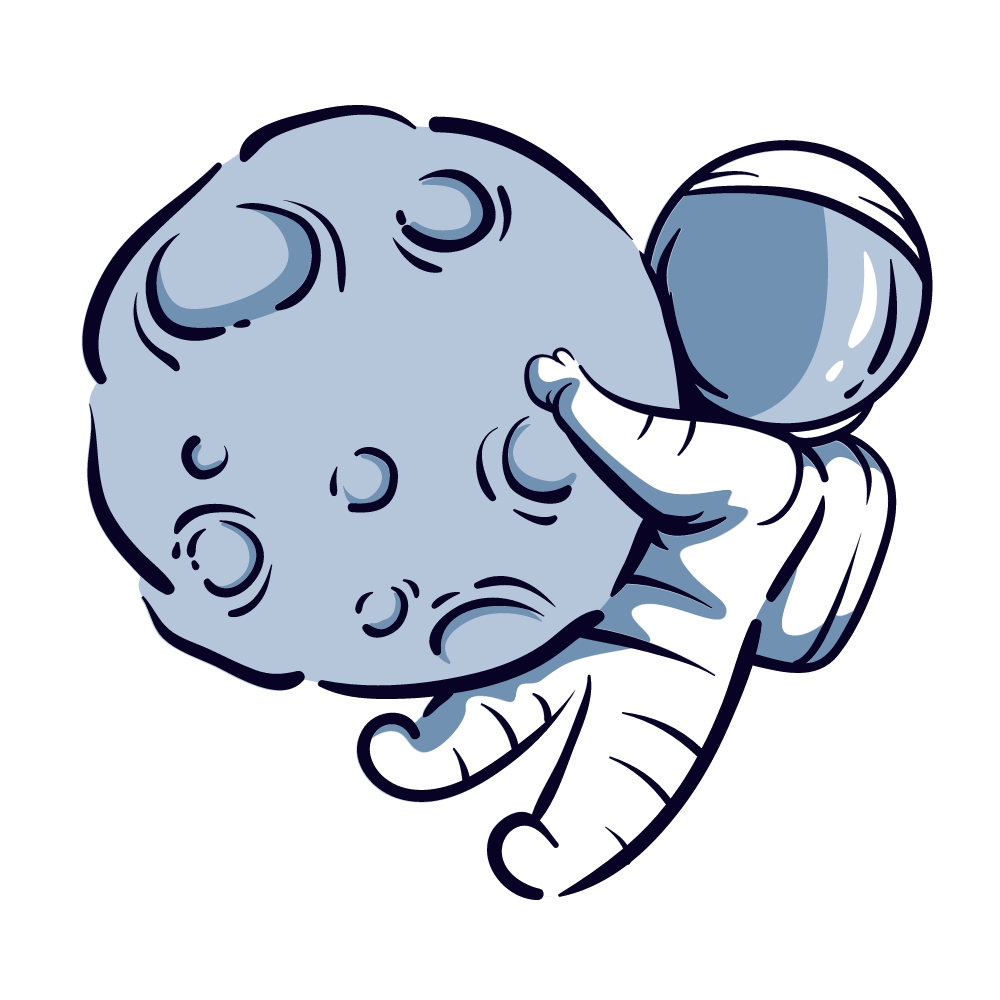[ad_1]
Purposeless, accidental and random. That is what you are, as per the philosophy of the existentialists, an influential, yet controversial school of thought that dominated the intellectual scene of Post-World War II France.
The school of thinking finds its beginnings in the renowned the works of the Danish philosopher Kierkegaard, who spoke of an existential “anxiety” all humans feel. He believed that many in Europe were finding in the enlightenment age that conviction in any particular “purpose” or “meaning” of life cannot be arrived at through rationality alone. A subconscious knowledge of this bleak reality and the emptiness it causes, fills us with the aforementioned existential anxiety, as we struggle to understand the definitive “correct” moral way to lead our lives. However, he still insisted that we can escape this state, by taking a “leap of faith” and choosing religion (in his case Christianity) and spirituality to fill this void of purpose, and willingly ignore any of its potentially irrational foundations.
Then the massively influential German philosopher Nietzsche, declared that “god is dead” and that “we killed him”, referring to the sharp decline of religious sentiment in Europe in the 19th century, reiterating the same themes of existential anxiety laid out by Kierkegaard. However, but unlike him, Nietzsche did not encourage his readers to take the religious (i.e., Christian) leap of faith, and instead advised them to courageously deal with the stark purposelessness of being, instead of making excuses.
The 20th century German Philosopher Heidegger, developed further on these themes, by using phenomenology (a school of philosophy that focuses on direct and precise observation of the human experience), and theorized that human beings are “thrown” into existence randomly , as we don’t decide where , when and to whom we are born. Our life exists as beings-in the -world (or what he referred to as “Dasein”) and we enact our intentionality and purposes on the our surrounding by using other existing things in the world. This network of purposes for which we utilize things and people has no assigned meaning at all, it just exists. The only thing we can and must do, according to Heidegger, is to achieve “authenticity” and become the fullest versions of who we already truly are.
Then came the work of the openly and adamantly atheistic Jean Paul Sartre, who is probably the most famous modern existentialist philosopher remembered today. His impact is monumental and, in his magnum, opus- “Being and Nothingness” he described the world in a manner that is both beautiful and frightening.
He contended, furthering the argument of Heidegger, that humans have radical and unlimited “existential freedom” regardless of our birth and circumstance. There is no clear direction to determine which choices are the best for us at which time. Should one tend to their sick mother, or fight for their country in a war? Should one kill 2 to spare 10 or spare 2, even if it eventually causes the death of 10 others? Sartre, in a departure, from other philosophers, said that no one can definitively answer these questions in a universal manner, and instead each individual human is “burdened” with the responsibility of making many such impossible choices on a regular basis in their lives regardless. Discharging this burden of existential choice is the task of our lives, and the way we untangle these questions decides who we are. Sartre insisted that action and choice alone define a human being. However, he did emphasize, in a manner somewhat similar to Heidegger, that every person despite their unlimited existential freedom exercises these freedoms in the context of a certain “facticity” i.e. particular facts or circumstances of their lives which they are thrown into, but he still insisted that this reality doesn’t change the amount of choices faced by an individual, just their types. A privileged person faces the choices of whether, and how, to help those in need, and those that are oppressed and downtrodden face the choice of whether, and how, to resist their oppression. The concept of social constraints of gender and colonialism affecting existential choice were later explored by thinkers like Simone de Beauvoir and Frantz Fanon.
The experience of “existential crisis” has become more common nowadays than ever before. Even the late Sushant Singh Rajput, reportedly loved reading Sartre. Hence, its abundantly clear that though the days of chain-smoking writers in post-war France are gone, the existential school of philosophy continuous to hold a profound sway over many around the world even today, and is certainly worth our attention.
[ad_2]
Source link




